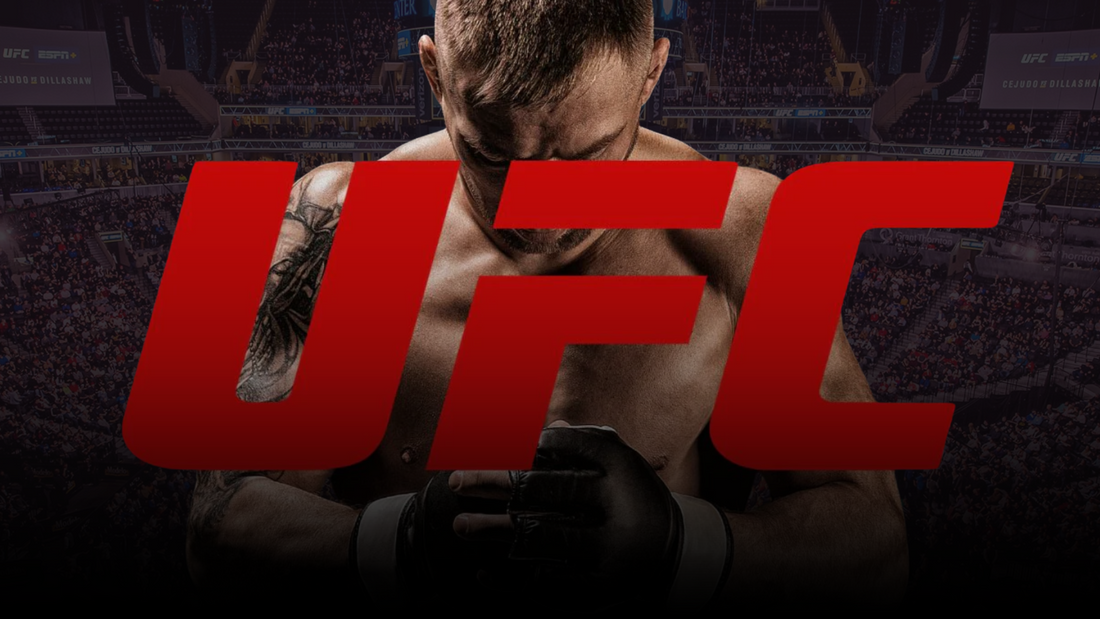
UFC’s $375 Million Settlement: What the Antitrust Lawsuit Means for Fighters in 2025
By Arslan Saleem June 16, 2025 09:46
After more than a decade of legal battles, the Ultimate Fighting Championship (UFC) reached a landmark $375 million settlement in an antitrust lawsuit that has profound implications for fighters and the mixed martial arts industry as a whole. Finalized on February 6, 2025, by U.S. District Judge Richard Boulware, this settlement marks a significant victory for over 1,100 fighters who accused the UFC of monopolistic practices that suppressed their earning potential.
Background of the Lawsuit
The lawsuit, initially filed in 2014, alleged that the UFC, under its former parent company Zuffa, engaged in anticompetitive behavior to maintain monopoly power in the MMA market. Fighters claimed the promotion’s dominance allowed it to dictate contracts and pay rates unfairly, limiting their bargaining power and suppressing salaries across the sport.
The case was split into two classes: the first, represented by fighters who competed between December 2010 and June 2017 (the Le v. Zuffa case), and a second, ongoing lawsuit (Johnson v. Zuffa) involving fighters from 2017 onward. The $375 million settlement applies solely to the first group, with the second lawsuit still pending.
Settlement Details and Fighter Compensation
Originally, a $335 million settlement was proposed in early 2024 but rejected by Judge Boulware for inadequacy and fairness concerns. After renegotiations, the UFC agreed to increase the payout to $375 million, which received final court approval in February 2025.
Of this amount, approximately $240 million to $260 million will be distributed directly to eligible fighters, with individual payouts ranging widely from around $15,000 for those with fewer bouts to over $1 million for prominent fighters with extensive UFC careers. The remaining funds will cover legal fees and administrative costs.
According to MMA attorney Eric Cramer, lead counsel for the plaintiffs, “This settlement provides immediate monetary relief to over 1,000 fighters, significantly enhancing what they earned during their UFC careers. It’s a meaningful step toward addressing the imbalance in fighter compensation.”
What the Settlement Does and Doesn’t Change
While the settlement offers substantial financial compensation, it notably does not mandate any changes to the UFC’s business practices or contractual arrangements. The promotion retains its current operational model, and fighters’ contracts remain largely unchanged.
This aspect has drawn mixed reactions. Former UFC Lightweight Champion Eddie Alvarez praised the settlement on social media, stating, “$375 million awarded to fighters today. Personally, I think it should be closer to a billion, but salute to the fighters and attorneys who fought a decade-long war.” Yet, others argue that without structural reforms, the underlying issues of fighter pay and contract fairness persist.
Broader Implications for MMA and Sports Law
The UFC settlement is one of the largest antitrust resolutions in sports history and signals a growing scrutiny of monopolistic practices in professional athletics. Unlike Major League Baseball, which enjoys a longstanding antitrust exemption, the UFC has faced increasing challenges to its market dominance.
Legal experts suggest this case could set precedents for future litigation in other sports leagues where athlete pay and market control are contentious topics. The ongoing Johnson v. Zuffa lawsuit, which includes claims for injunctive relief aimed at changing UFC contract negotiations, remains a critical next chapter.
What’s Next for Fighters
Eligible fighters are encouraged to file claims to receive their share of the settlement. The payout offers financial restitution for years of suppressed earnings, but many fighters continue to advocate for improved pay structures and collective bargaining rights.
As MMA evolves into a global sport with expanding audiences and revenues, the settlement underscores the tension between fighter welfare and promotional control. It also highlights the importance of legal advocacy in balancing these interests.
The UFC’s $375 million antitrust settlement represents a watershed moment for fighters and the MMA industry. While it brings significant financial relief to many athletes, it also leaves unresolved questions about the future of fighter compensation and contractual fairness. As the sport moves forward, this landmark case will continue to influence the dialogue around athlete rights, market competition, and the business of mixed martial arts.


































































